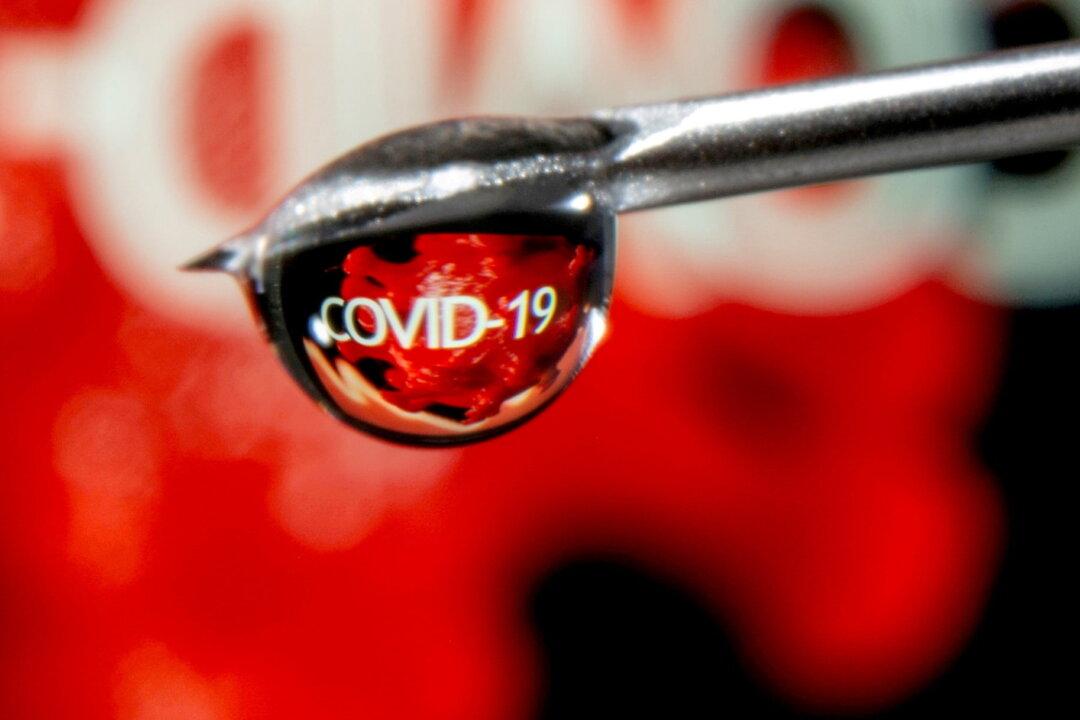Having two doses of a COVID-19 vaccine has been linked with negative protection against symptomatic infection from the disease, while a previous infection without vaccination offers around 50 percent immunity, according to data from a study by Weill Cornell Medicine in Qatar.
The study, published in the New England Journal of Medicine on June 15, examined the Omicron wave in Qatar that occurred from around December 2021 to February 2022, comparing vaccination rates and immunity among more than 100,000 Omicron infected and non-infected individuals.





